Papers vanish on Switzerland’s secret Cold War army
A covert Swiss Cold War paramilitary group that operated largely outside civilian oversight until 1990 is back in the news after top-secret documents linked to the organisation disappeared from official archives.
The group, called “Projekt 26” or P-26, had roots in the 1950s when the Swiss military began assembling a guerrilla-style force to resist a Communist invasion. P-26 was disbanded in 1990 after revelations of its existence prompted a public scandal.
This week the Tages-Anzeiger newspaper reportedExternal link that the defence ministry could not find 27 unpublished folders and dossiers from an investigation into the group three decades ago.
Critics fear the documents were destroyed or intentionally misplaced to hide embarrassing details about neutral Switzerland’s surreptitious advances toward NATO (the North Atlantic Treaty Organization) or clandestine ties to foreign spy agencies.
“There are three possibilities: the papers were shredded, hidden or lost, in that order of likelihood,” said Josef Lang, a historian and former leftwing parliamentarian. “But even if the most innocent option is the case, that’s also a scandal.”
A defence ministry spokesman told Reuters that efforts to locate the missing documents are ongoing.
“Staff from the defence ministry and the federal archives are sifting through papers now,” the spokesman said. “Whether documents have been destroyed is pure speculation for now.”
‘Intolerable’
Secret Cold War-era groups such as P-26 were not uncommon in Europe, whose NATO members feared an attack by Warsaw Pact members – the Soviet Union and seven Soviet satellite states – and organised “stay behind” units with orders to operate behind enemy lines in case of a Soviet invasion.
A paramilitary network was supported mostly by the United States and Britain and included units in Italy, Belgium, France, Greece, West Germany and the Netherlands, according to historians.
Switzerland is not a memberExternal link of NATO although it joined the Partnership for Peace in 1996 and became a member of the Euro-Atlantic Partnership Council in 1997.
In 1991, Switzerland’s probe into P-26 concluded that while it was not part of any “international resistance network”, it had unusually intense ties to British agents starting in 1967.
“Though the loyalty of former chiefs of staff was never in doubt, it is alarming that the British services knew more about P-26 than the Swiss government did,” the government wrote at the time, calling unilateral military initiatives without civilian oversight “intolerable”.
Lang contended there may be much more in the missing documents than the scant details that have been released previously, including whether P-26 ever had any plans to intervene in Swiss domestic affairs.
“P-26 exemplifies the Cold War hysteria that, at least partially, undermined Swiss democratic institutions,” Lang said.

In compliance with the JTI standards
More: SWI swissinfo.ch certified by the Journalism Trust Initiative










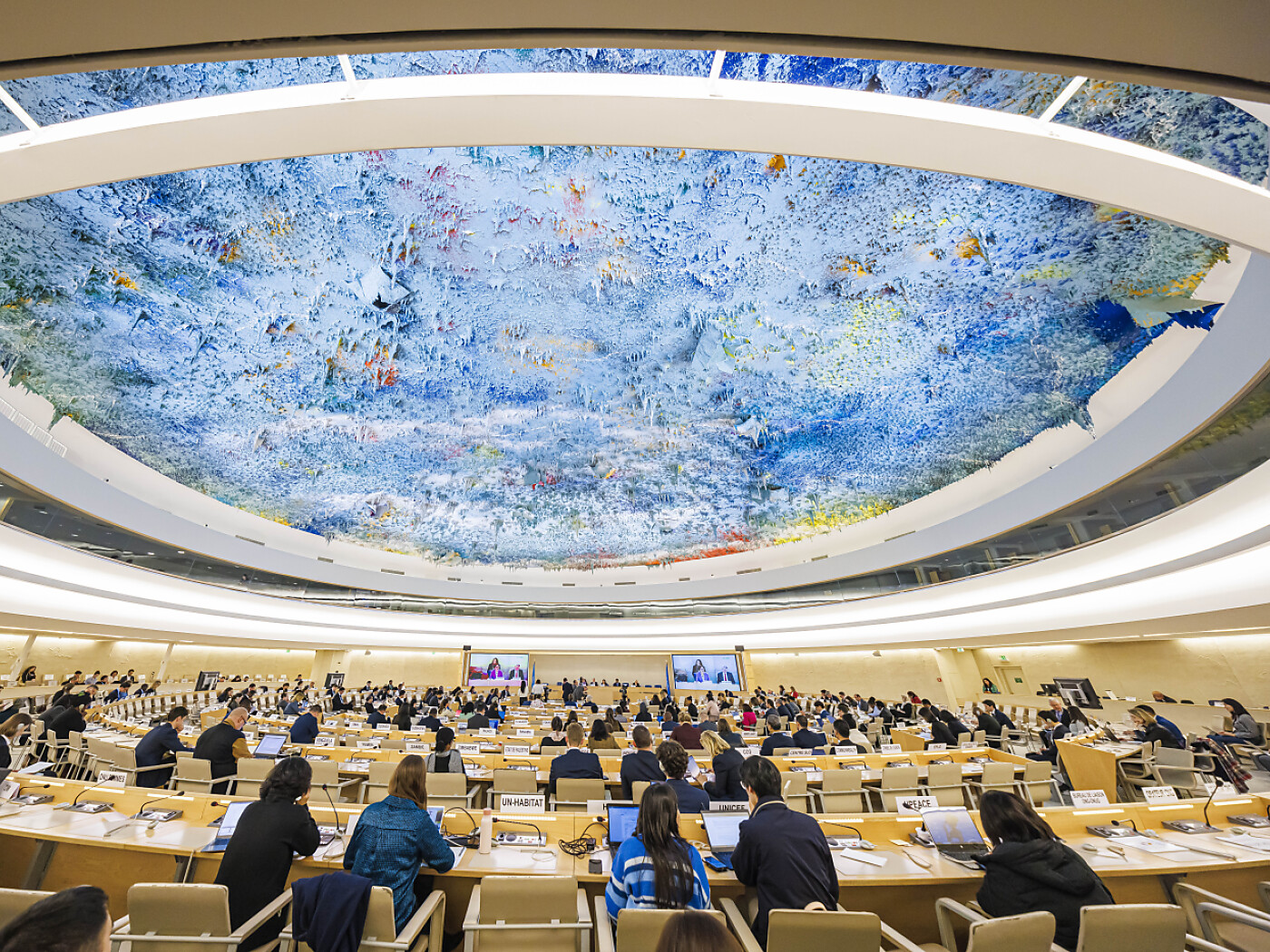

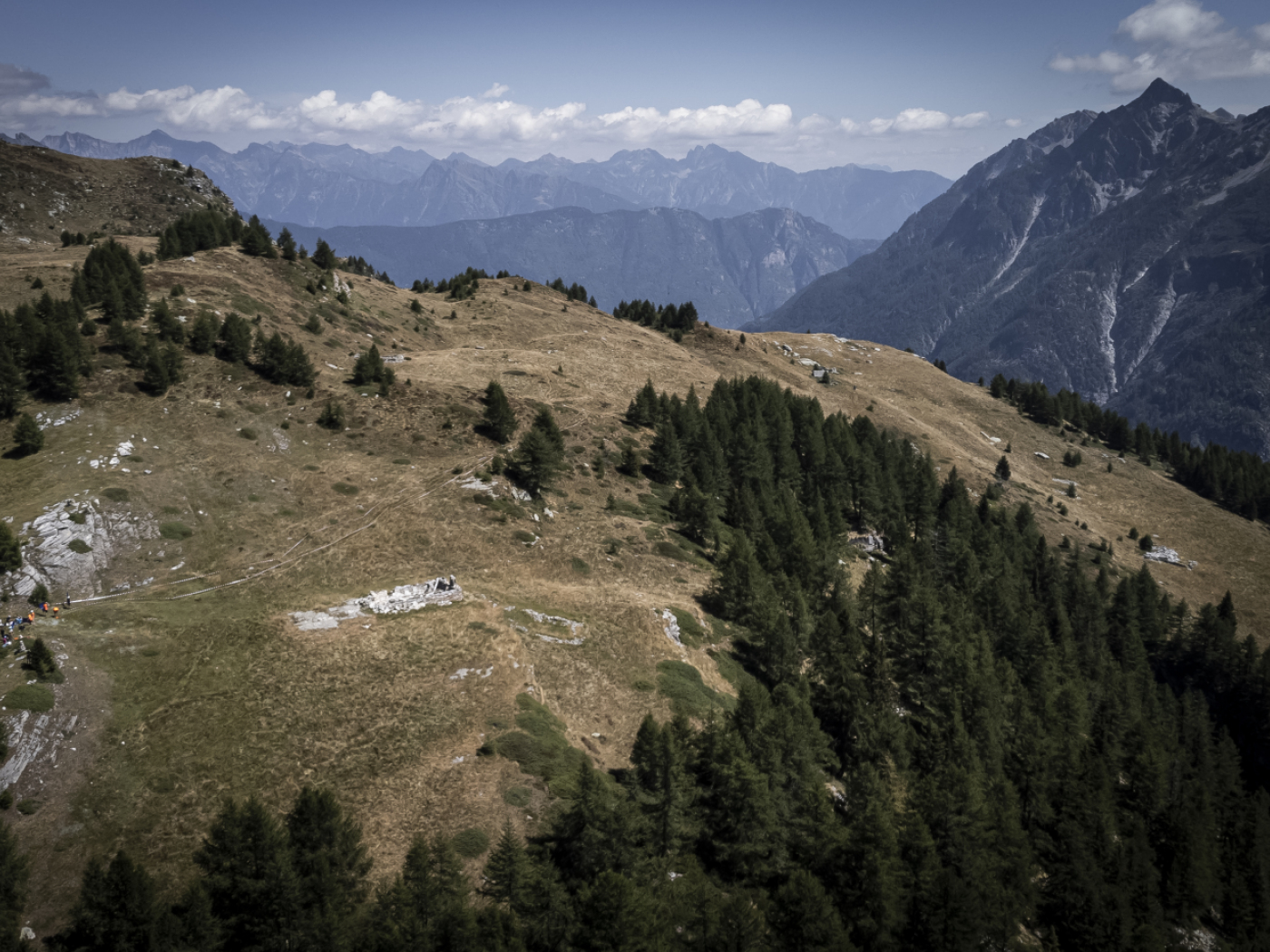
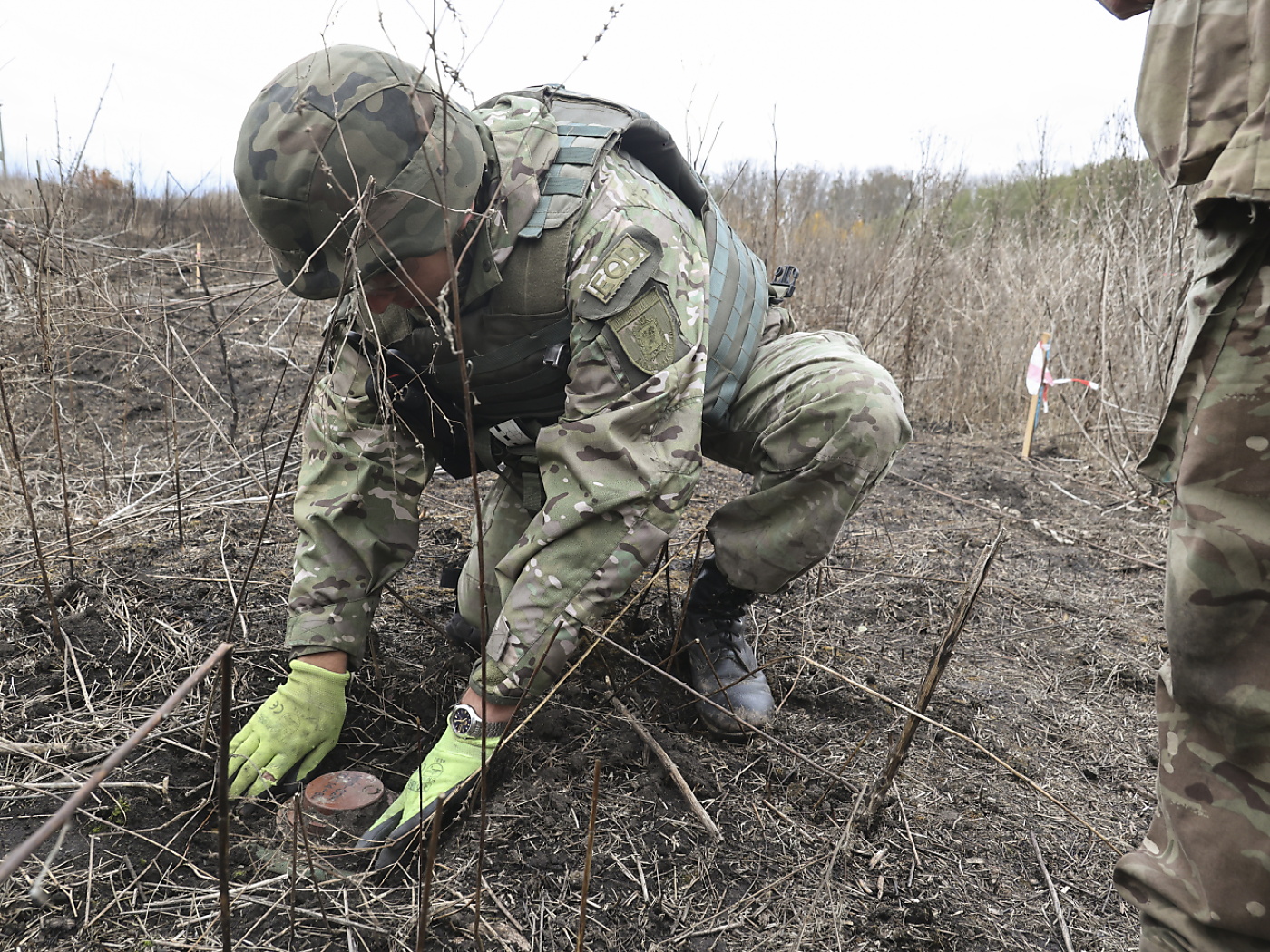
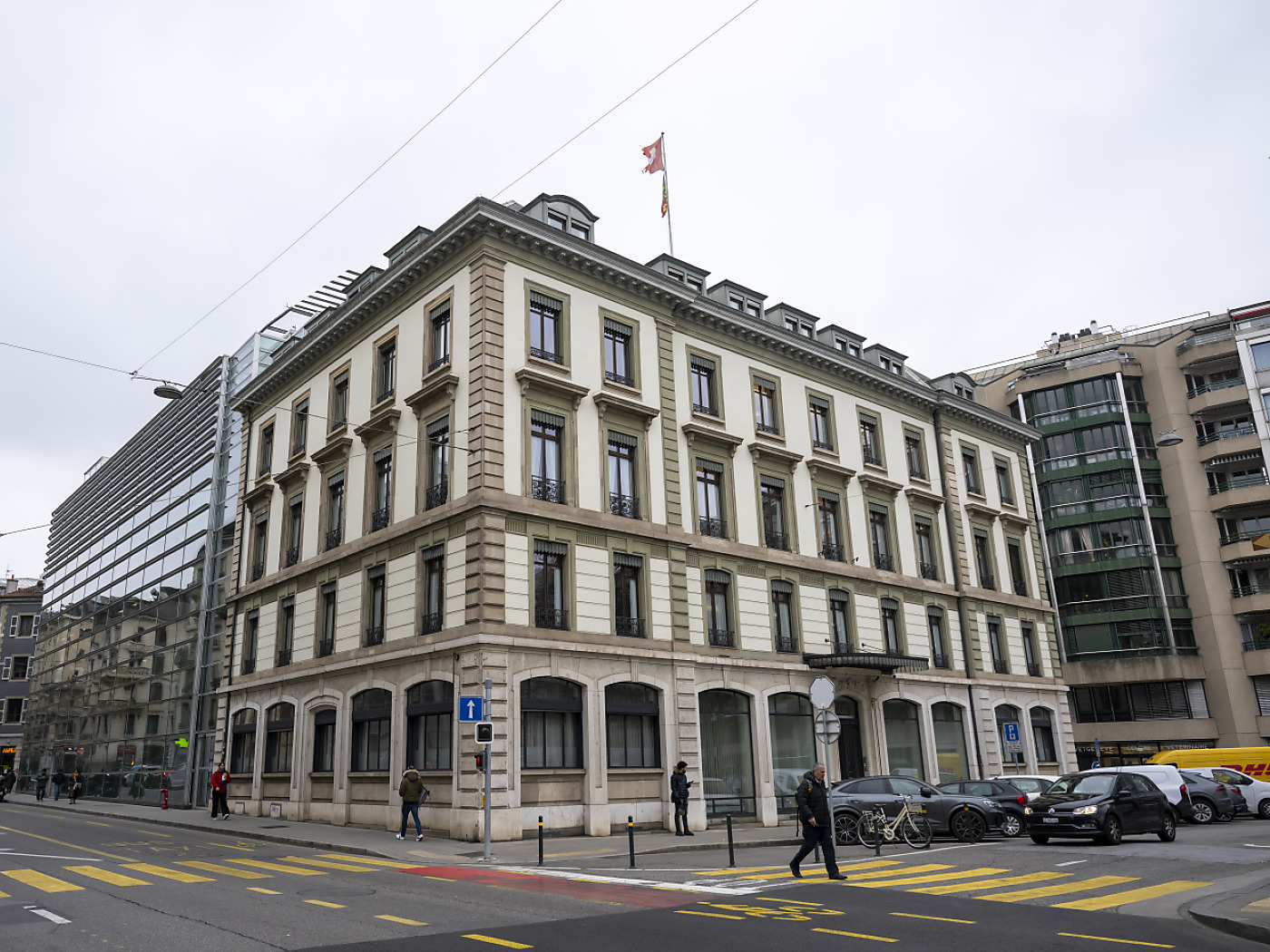

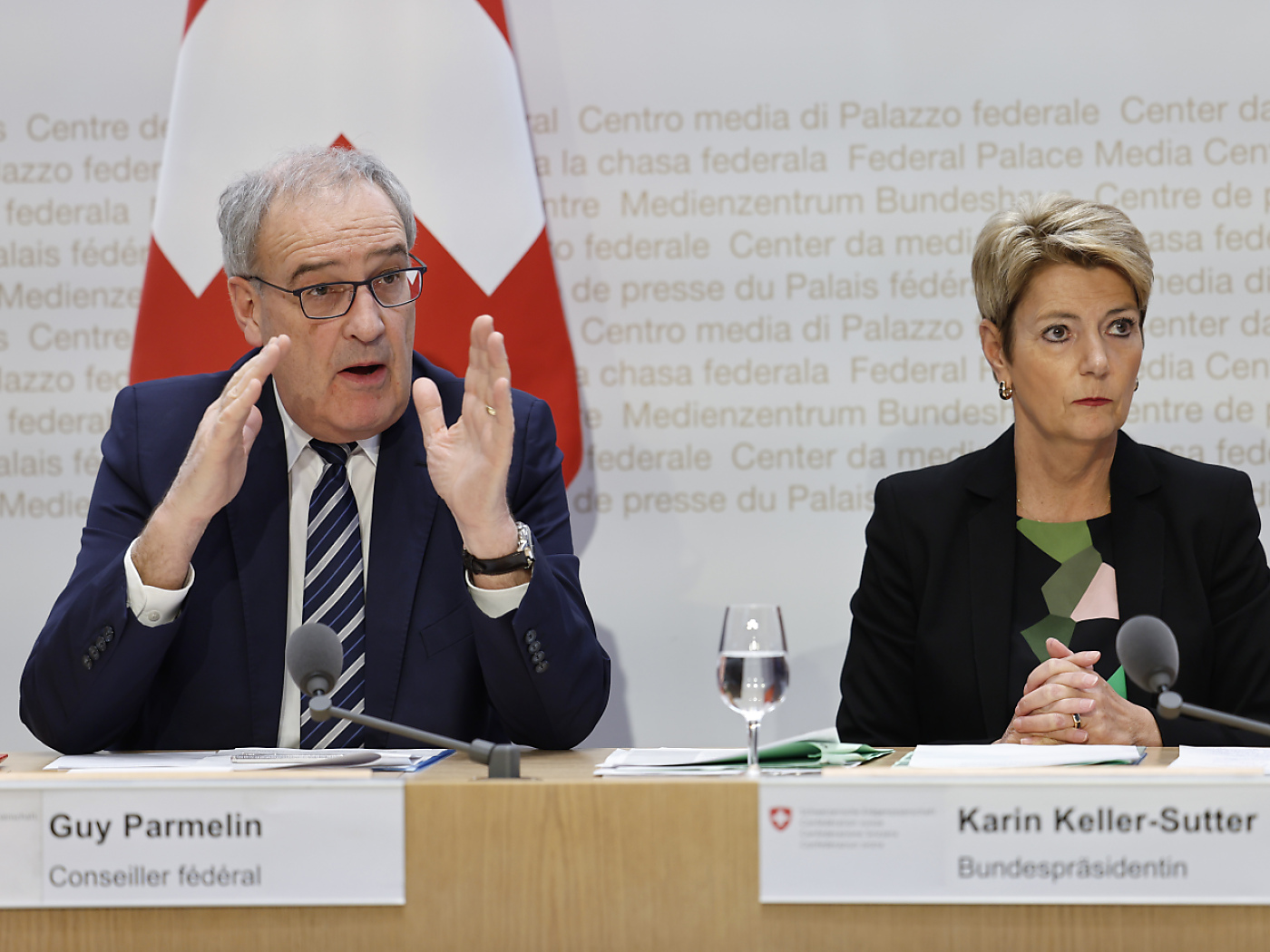
You can find an overview of ongoing debates with our journalists here . Please join us!
If you want to start a conversation about a topic raised in this article or want to report factual errors, email us at english@swissinfo.ch.